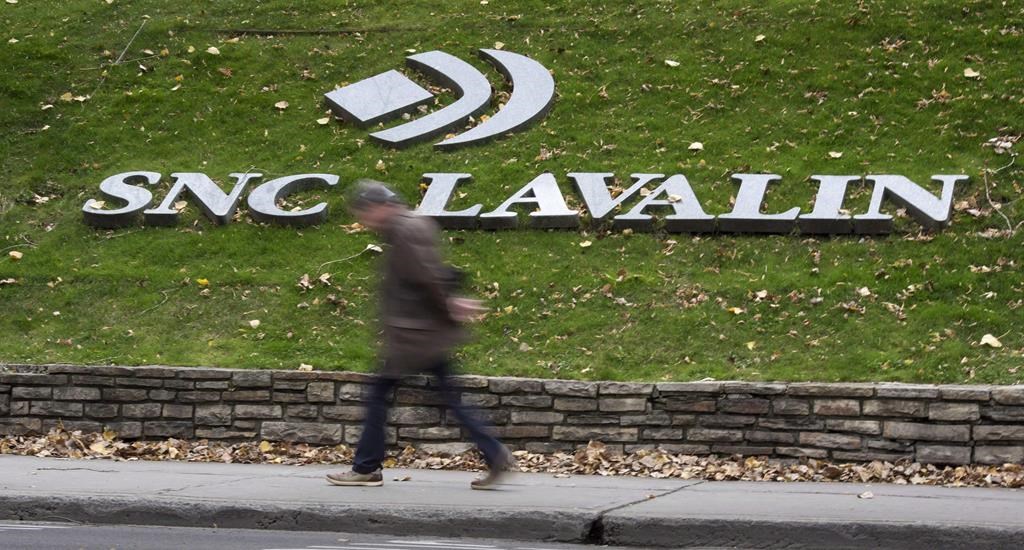SNC-Lavalin Group Inc. says it is restructuring its business segments again as it looks to become cash-flow positive and return to an investment-grade credit rating.

The Montreal-based engineering firm, which has been working to put several corruption scandals behind it, says the reorganization will help set the stage for growth after years of de-risking the business.
The company is rolling its mining and infrastructure segments into its general engineering services business, while engineering as a whole and several other segments are now grouped under its SNCL services business.
SNC says it is targeting organic revenue growth of four to six per cent annually for the next three years in the services segment, which excludes only some legacy transit projects in Canada and the company’s capital segment.
Speaking at an investor day Tuesday, company chief executive Ian Edwards said the company has sold its oil and gas business and is winding down its lump-sum turnkey contracts for transit projects that have been a drain on cash flow as it looks to simplify the business.

Get daily National news
He says the company will be focused on its core markets of Canada, the U.K. and the U.S., while also maintaining more targeted operations in other global markets.
“What we’re about here is permanently de-risking this business,” said Edwards. “Reducing the business down to countries and geographies where we know we can succeed, we can get paid, and we can produce predictable results and predictable cashflows.”
While the company moves on, its name continues to come up related to past scandals. Just last week, SNC and two former executives were charged in relation to a bridge contract in Quebec from around 20 years ago, while earlier this year the World Bank removed the company from a blacklist it had been added to because of its ties to corruption in contracts in Bangladesh and Cambodia.
In 2019, the company settled criminal charges related to the work the company did in Libya.




Comments
Want to discuss? Please read our Commenting Policy first.